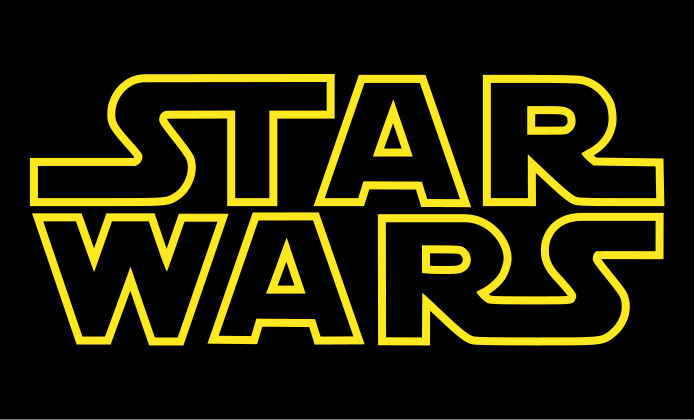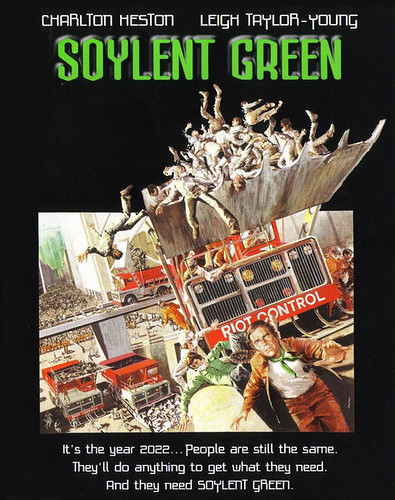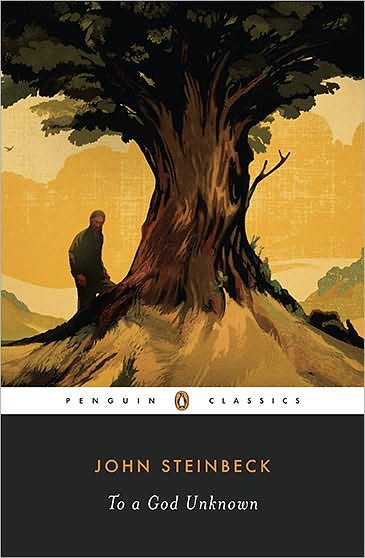Conventional Counterinsurgency
/
It is interesting at how much an education can change your viewpoints on something. When I was in late high school, I picked up a book called Black Hawk Down, by Mark Bowden, which recounted the Battle of Mogadishu, waged by U.S. Special Forces and local militia forces as the U.S. military attempted to capture warlord Mohamed Farrah Aidid. In the seventeen years since that initial battle, the firefight that occurred during that day which essentially provides a preview of what is to come.
Interestingly, the film adaptation of the book (and real life events) was released in December of 2001, just a couple of months after the attacks on the Pentagon in Washington D.C. and the World Trade Center buildings in New York City. Shortly after said attacks, U.S. Special Forces entered Afghanistan, and began was has been known as the Global War on Terror. Hindsight is a dangerous thing to use, especially when connecting major events, but looking back to the 1993 firefight in Somalia, it's clear that the U.S. simply wasn't geared towards fighting the type of warfare that presented itself in the Middle East and nearby hotspots. Throughout much of the recent history, the military had been positioned towards combating a major enemy, the Soviet Union, and subsequent international actions, such as the Gulf War of 1991, just a couple of years prior to the Somalia fight, seemed to affirm that warfare would remain as a style of centralized, organized warfare, against a static enemy who followed all of the rules. Somalia, a small action, seemed to be an abnormality, something that would be unlikely to happen again.
In his book, The Sling and the Stone, retired Colonel Thomas Hammes, of the United States Marine Corps, notes that this change in warfare was nothing new. The conventional nature of what is generally termed 3rd Generation Warfare, is a style of fighting that the United States had worked and became very good at, but historical evidence points to the emergence of a 4th Generation of warfare, which Hammes describes as a style of warfare that "uses all available networks - political, economic, social, and military- to convince the enemy's political decision makers that their that their strategic goals are either unachievable or too costly for the perceived benefit." (Hammes, The Sling and the Stone. St. Paul, MN: Zenith Press, 2006, 2). While he goes on to note that this style of warfare is an evolved method of insurgency, I believe that it is in fact the other way around - insurgency is a natural progression of warfare in this instance, and in a large way, 4th Generation warfare falls well within the general constraints of warfare as described by Carl Von Clausewitz in his book, On War: "War is nothing but a duel on an extensive scale....War is therefore an act of violence intended to compel our opponent to fulfill our will." (Clausewitz, On War, New York: Penguin Putnam, 1968, 101). Insurgencies, in this instance, seem to be made up of a new understanding of networks, combined with technology in unexpected methods to achieve a formidable resistance to an organized force.
The events that occurred in Black Hawk Down prove to be a good example of this style of warfare in action, but also the root causes that provide a valuable context for the conflicts that are ongoing. In the film adaptation of the book, a boy is seen to have alerted militia forces by holding up a cellular telephone to the sky as the Task Force Ranger helicopters flew overhead. Whether this happened or not, I'm not sure (paging through the book, I wasn't able to find mention of it), but the scene made me recall the November 2008 coordinated attacks in Mumbai, India, when several teams of insurgents, armed with guns and explosives, used mobile phones to help kill 173 and wound 308. The use of technology has become integrated with insurgency warfare, allowing for a low-key method for coordinating attacks and personnel without having the benefit of a major organized military. The fighting against Islamic fundamentalist forces in Iraq, Afghanistan, Somalia and Pakistan are generally not at the hands of an organized military force acting on the behalf of a recognized government, but are representative of smaller political factions and warlords within established boundaries.
Despite this early evidence that there were changes in the ways that wars had been fought (Hammes cites Vietnam, Lebanon and Somalia as examples of where this style of warfare had been seen), this ran counter to the then-nature of how the military conducted itself. "The essence of the American army, in the eyes of its career officers, is ground combat by organized, regular divisional nuts. Although the American army tolerates the existence of subcultures that do not directly contribute to the essence of the organization, these peripheral organizations do not receive the support accorder to the army core constituencies of armor, infantry, and artillery." (Nagl, Learning to Eat Soup With A Knife: Counterinsurgency Lessons from Malaya and Vietnam. Chicago: University of Chicago Press, 2002, 6) The current War on Terror and ongoing conflicts is a demonstration of this, as the U.S. entered into major hostilities with Iraq and Afghanistan with one style and mindset of conducting the war, and discovering that entirely new methods were necessary when it came to countering insurgency forces.
Looking over the events of Black Hawk Down, there are elements of current counter-insurgency doctrine, or at least several best practices that highlight the differences between counterinsurgency warfare and organized maneuver warfare. Hammes notes that prior to the United Nations taking over the peacekeeping operations, U.S. Marines aggressively patrolled the streets of Mogadishu, talking with the local inhabitants, and recognizing when someone from outside that neighborhood entered. As the war in Iraq and Afghanistan have progressed, this has become a focus of the new Counterinsurgency doctrine, with soldiers encouraged to work closely with local inhabitants of neighborhoods and streets in an effort to remove insurgency forces from the local population, depriving them of population support. While watching and reading Black Hawk Down, I see a battle that was the result of a failure in vision and peacekeeping leadership. As Hammes notes, the decision to draw back into major bases, while leaving the population in the hands of militia forces was a drastic one that spelled out dire consequences for U.S. forces. At the same time, the leaders tasked with peacekeeping were unable to prevent insurgent and militia forces from operating and controlling the areas that they needed to protect. Similar actions would later occur in Iraq and Afghanistan, as the United States pulled out of the cities of Iraq in favor of major bases, only to find that violence levels dropped with the implementation of smaller bases amongst the populations. The so-called surge in Iraq was not simply more soldiers deployed to the country, but it was the change in tactics, with the manpower to carry out these changes.
In an article for Foreign Policy magazine, "The New Rules of War" March/April 2010), John Arquilla notes that the differences between conventional and unconventional warfare require entirely new methods of approaching warfare. Insurgency warfare (commonly referred to as 4G), allows for a far more decentralized style of fighting: Where prior approaches to countering insurgent forces had been to apply more force, "Nothing could be further from the truth, as the results in Iraq and Afghanistan so painfully demonstrate...the evidence of the last 10 years shows clearly that massive application of force have done little more than kill the innocent and enrage their survivors. Networked organizations like al Qaeda have proven how easy it is to dodge such heavy punches and persist to land sharp counterblows." (Arquilla, "The New Rules of War", Foreign Policy Magazine, March/April 2010)
The end result is that fighting a war the wrong way causes more problems, and ultimately fulfills the mantra of decentralized, networked insurgency groups: cause an invading power more problems than is worth it in order to convince their parent governments, and by extension, the population that supports it, that the efforts overseas are simply not worth it. The U.S. experience in Vietnam demonstrated that a massive conventional force had a lot of trouble fighting in ways that it was not prepared for. As a result, the U.S. military eliminated counterinsurgency planning and training in the aftermath, vowing to never again fight in a style of war that it was not prepared to fight. While a noble goal, it seems to have been a short sighted decision, even in light of continued successes of conventional military victories since then, such as with the British military against the Argentineans in the 1980s, and with United States forces against Iraqi forces in 1991's Gulf War. However, militaries do not get to pick how their opponents fight, and must be aware to all types of influences on warfare in areas that they are fighting: the methods of terrorist and militia style forces had existed for years, and examples such as Somalia demonstrated that these styles of fighting existed, and that adequate planning for such fighting had not been implemented. The result in Somalia was the death of 18 soldiers.
The results coming from Iraq and Afghanistan are much more dire, and I can't help but wonder what changes might have been made had the full context and lessons from Somalia had truly been learned by policy-makers and military thinkers at the time. As hindsight is much cleared now, it's easy to make such declarations, and even at this point, the future of warfare is still something that is very unclear. As such, the real lesson that the United States should learn is from the aftermath of Vietnam with the destruction of the planning and training for counterinsurgency fighting: planning and realization of conflicts is a key element in the military, as well as the ability to adapt far more quickly to actions and differences in fighting styles based on the long history that the United States has had with combat.




















